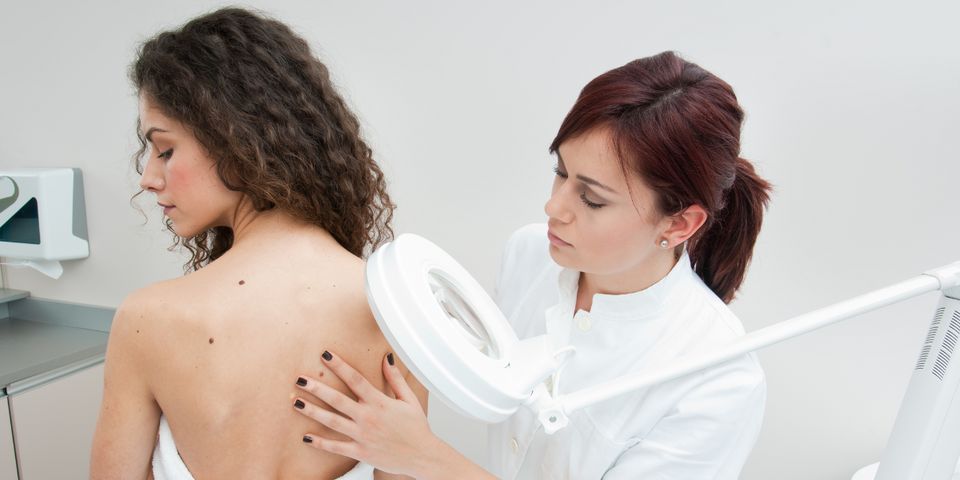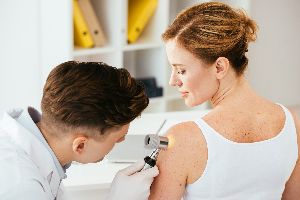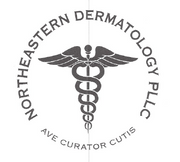What to Expect During Skin Cancer Screening

Skin cancer is the most common type of cancer, as one in five Americans will develop it by the time they reach 70 years of age. It occurs when skin cells develop mutations and grow out of control, often as a result of exposure to UV radiation. A dermatologist can provide annual exams to identify the first signs of any issues and treat them. Here's what to expect during skin cancer screenings.
What Happens During Skin Cancer Screening?
Your dermatology provider will begin by asking if you've noticed any changes in your skin, such as unusual moles, spots, bumps, or lesions. During your first screening, they may ask about risk factors that might make you more susceptible to skin cancer, such as frequent sun exposure or a family history of melanoma.
Next, they'll perform a visual examination of your skin, carefully looking at areas that are often vulnerable to abnormal cell growth, such as the face, head, and neck, as well as the arms, hands, and legs. If they notice anything that looks suspicious, they may recommend further testing to determine if cancer is present.
Diagnosis and Treatment Options

Your dermatology professional may decide to biopsy any unusual areas of skin. This involves numbing the affected areas with local anesthetic before using a small knife or tool to remove a layer or core of skin. They'll send the sample to a lab for testing. If the result is benign, your doctor will likely recommend monitoring your skin and returning for annual screenings to make sure cells remain normal.
If the result is malignant, the doctor will let you know which type of cancer is present. The three most common types are basal cell carcinoma, squamous cell carcinoma, and melanoma. Basal cell carcinoma typically appears as waxy bumps or scar-like lesions; squamous cell carcinoma usually manifests as firm, red nodules or flat, scaly lesions; and melanoma may consist of abnormal moles, large brown spots with irregular edges, or itchy lesions.
Treatment may involve using liquid nitrogen to freeze off problematic growths or surgically removing them. In the case of more aggressive skin cancers, chemotherapy or radiation might be necessary.
Promote the health of your skin with help from Northeastern Dermatology. This dermatology team provides skin cancer screenings along with treatment for skin cancer to clients throughout Rocky Mount, NC. Call (252) 281-2567 to book an appointment for your next exam, and visit the website to learn more about their services.
About the Business
Have a question? Ask the experts!
Send your question

